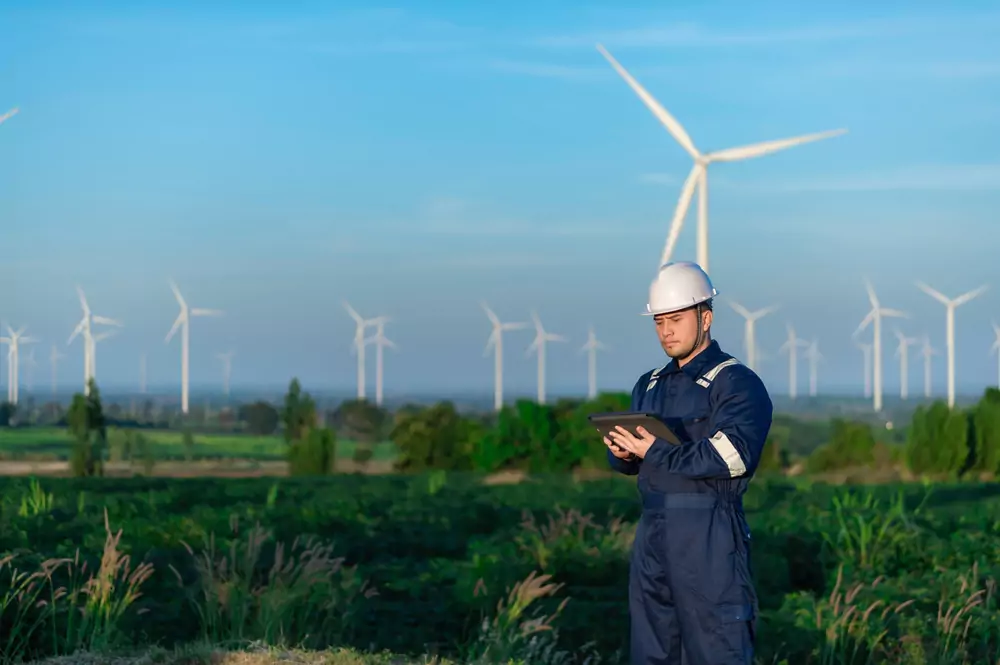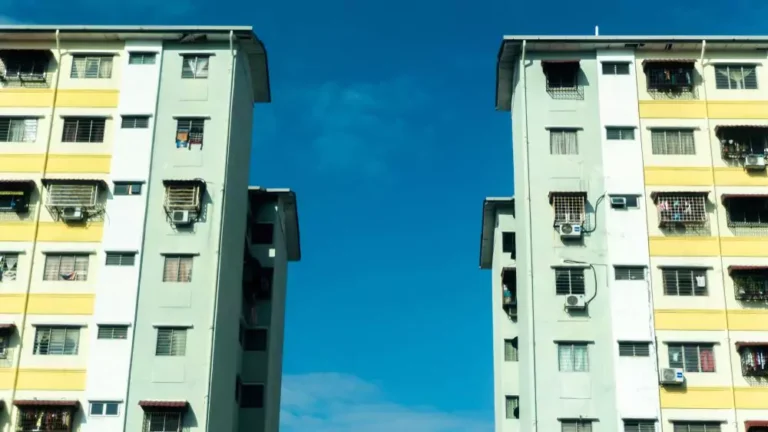A windfall of benefits for Thailand’s renewables scheme, plus other news

For PropertyGuru’s news roundup, Thailand’s renewables scheme will not only reduce carbon dioxide emissions, it will also increase investment in power generation facility development and benefit related businesses. In other headlines, Australia’s Home Guarantee Scheme (HGS or Scheme) supported 34 percent more home buyers to purchase or build their own home than last financial year. Lastly, with a sustainability index of 91 percent, Singapore has the highest percentage of businesses with established sustainability targets, but the country faces barriers of inaccurate or overly ambitious targets, followed closely by technological limitations, and budget constraints.
Windfall from Thailand’s renewables scheme
The much-delayed second phase of the renewables scheme is expected to be revived this month, with a new auction for renewable energy projects expected to draw both existing and new investors.
The scheme is not only an essential part of state efforts to reduce carbon dioxide emissions from fossil fuels. Still, it is also expected to increase investment in power generation facility development and benefit related businesses.
Bangkok Post’s Explainer looks into the commercial aspects of the renewables scheme, overseen by the Energy Regulatory Commission (ERC), as a programme projected to reduce greenhouse gas emissions significantly.
1 in 3 first home buyers assisted by the Australian Government’s Home Guarantee Scheme
In 2023-24 the Home Guarantee Scheme (HGS or Scheme) supported 34 percent more home buyers to purchase or build their own home than last financial year, with an increasing number of key workers and regional Australians participating in the Scheme, according to Housing Australia’s Home Guarantee Scheme Trends and Insights Report 2023-2024.
Housing Australia released its annual Home Guarantee Scheme Trends and Insights Report 2023-24 covering data on the First Home Guarantee (FHBG), Family Home Guarantee (FHG) and Regional First Home Buyer Guarantee (RFHBG).
According to The Real Estate Conversation, the report found that around 1 in 3 first home buyers were supported by the Scheme in 2023-24. Over the financial year, 43,800 Scheme places were taken up, helping more eligible home buyers enter the housing market under the HGS.
Regional Australians comprised a significant portion of eligible home buyers utilising the Scheme, with over 18,000 regional Australians supported including over 13,000 people accessing the RFHBG. An additional survey conducted with participants found that 42 percent of individuals entered home ownership after renting in regional areas for approximately two years or more.
Singapore leads in sustainability goals but tech adoption lags
The recent “Tech-Driven Sustainability Trends and Index 2024” report by Alibaba Cloud highlights the sustainability landscape among businesses in Singapore. The report reveals that Singapore leads the surveyed markets with a sustainability index of 91 percent, indicating the highest percentage of businesses with established sustainability targets. Despite the high establishment rate of sustainability goals, more than half of these businesses, accounting for 53 percent, still depend on manual methods like spreadsheets and emails to track their progress.
As mentioned in DataCenterNews Asia, the study surveyed businesses across Asia, Europe, and the Middle East and found that Singaporean companies are heavily motivated by regulatory compliance. A significant 68 percent of businesses cited regulations as a primary driver for setting sustainability targets, alongside directives from global headquarters and the growth potential, both motivating 53 percent of the respondents.
While the enthusiasm for sustainability targets is apparent, with 91 percent of businesses having set goals, only 30 percent of Singaporean businesses have committed to science-based net-zero targets. Of those with sustainability targets, nearly all (98 percent) have set emissions reduction targets.
The report also sheds light on the barriers organisations face in meeting their sustainability targets. Chief among these are inaccurate or overly ambitious targets, as noted by 31 percent of businesses, followed closely by technological limitations at 30 percent and budget constraints affecting 27 percent of respondents. Time constraints, complex supply chains, and financial limitations are significant barriers for businesses yet to set sustainability targets.
The Property Report editors wrote this article. For more information, email: [email protected].
Recommended
Meet the architect transforming Asia’s retail spaces with nature-inspired designs
David Buffonge, the cofounder of Hong Kong-based Lead8, has strong opinions on how to improve built environments around Asia
ARES White Paper Volume 3: The era of adaptive reinvention
Pioneering sustainable and innovative practices in urban development
ARES White Paper Volume 2: Unravelling the power of data revolution in real estate
Insights on proptech, smart cities, and sustainable development
ARES Digital White Paper Volume 1: The fundamentals of responsible building
Green and climate heroes join forces to discuss how Asia Pacific can weather the current environmental crises and the looming effects of climate change






